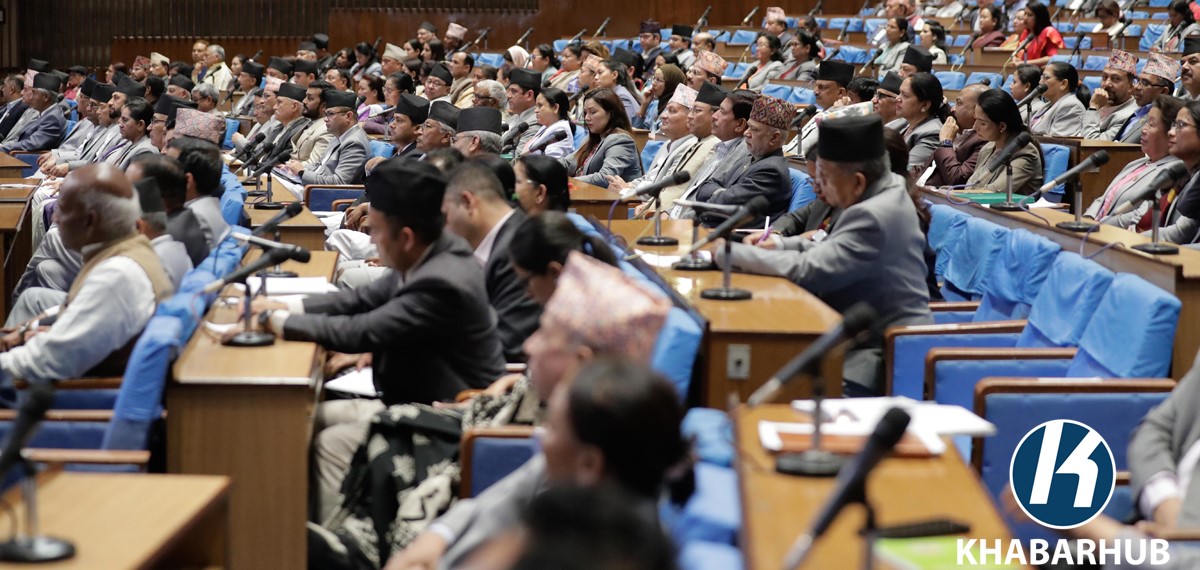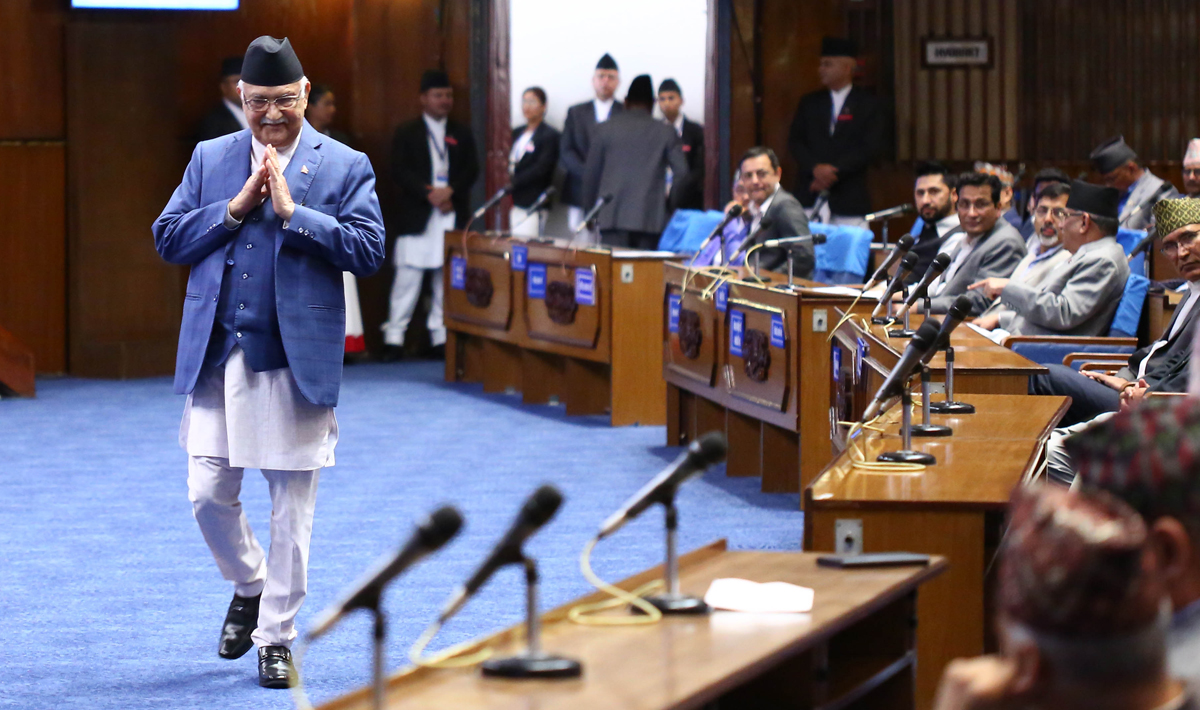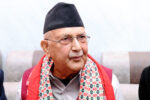KATHMANDU: President Ram Chandra Paudel has announced the winter session of the federal parliament, set to commence on Friday, January 31, at 1 pm. This decision follows the Council of Ministers’ recommendation, a constitutionally mandated process that enables the President to call for a parliamentary session.
The session will be held at the Federal Parliament Building in New Baneshwor, and it is expected to address an extensive legislative agenda, including pending bills and recently issued ordinances.
The announcement comes at a critical time for the government, which has faced increasing criticism for attempting to bypass parliamentary scrutiny by governing through ordinances.
As per constitutional provisions, the gap between two sessions of parliament cannot exceed six months. The last session of the federal parliament, the monsoon session, ended at midnight on September 16. The winter session, often referred to as the “bill session,” is crucial for advancing legislative priorities and addressing national issues.
Over the past month, the KP Sharma Oli-led coalition government has issued several ordinances on the President’s recommendation, prompting concerns over the use of executive authority in the absence of a functioning parliament.
Among these are the “Ordinance to Amend Certain Nepal Acts Relating to Cooperatives, 2025” and the “Ordinance to Amend Certain Nepal Acts Relating to Land, 2025,” among others. While the government has defended its use of ordinances as necessary to address urgent matters, critics argue that this approach undermines the democratic process and the principle of parliamentary oversight.
The Council of Ministers had earlier decided to recommend the commencement of the winter session during its meeting on December 22, 2024, following widespread criticism of its reliance on ordinances. This criticism intensified after the government sent five ordinances to the President on December 21, including those related to governance, fiscal responsibility, and investment promotion.
President Paudel issued four of these ordinances on January 13, while the ordinance related to land was issued on January 15. The issuance of these ordinances sparked debates about the balance of power between the executive and legislative branches.
According to Article 114 of the Constitution, the President can issue ordinances on the recommendation of the Council of Ministers when urgent matters require action during a parliamentary recess.
These ordinances, however, must be presented to both houses of parliament once they reconvene. If not approved within sixty days of the session’s commencement, the ordinances automatically become invalid.
The President also has the authority to revoke ordinances at any time. This constitutional provision ensures that the executive cannot bypass parliamentary procedures indefinitely, preserving the integrity of the legislative process.
Busy session

The upcoming session is expected to be busy, with six ordinances and two bills already on the agenda for the first meeting. Deputy Secretary Ananta Prasad Koirala, who also serves as the Assistant Spokesperson of the Parliament Secretariat, confirmed that the government would present these items at the session’s commencement.
The Renewable Energy and Energy Efficiency Bill and the Media Council Bill, both passed by the National Assembly’s thematic committees, will also be tabled during the first meeting. These bills address critical areas such as sustainable energy development and media regulation, reflecting the government’s broader legislative priorities.
In addition to the ordinances and bills slated for immediate discussion, the parliament will also consider eighteen other bills currently under review by thematic committees.
Among these are the Prevention of Corruption (First Amendment) Bill, the Commission for the Investigation of Abuse of Authority (Third Amendment) Bill, and the Construction Materials (Management and Regulation) Bill. Other significant legislative items include the Federal Civil Service Bill, the Securities (First Amendment) Bill, and the Electronic Commerce Bill.
These proposals span a wide range of issues, from governance and anti-corruption measures to economic reforms and digital commerce.
The winter session is also expected to feature discussions on the pre-budget, a practice that began during last year’s session. This discussion allows lawmakers to provide input on fiscal priorities and strategies ahead of the formal budget announcement. It highlights the session’s importance not only for legislative purposes but also for setting the government’s policy agenda for the coming year.
Despite the packed agenda, the government’s reliance on ordinances has sparked controversy. Critics have accused the ruling coalition of sidelining the parliament and consolidating executive power. This criticism has been particularly directed at the UML-led government, which has been in partnership with the Nepali Congress since the monsoon session ended.
The government’s decision to govern through ordinances has raised questions about its commitment to democratic norms and its ability to effectively manage parliamentary business.
The reliance on ordinances also reflects broader challenges within Nepal’s political system, including delays in passing key legislation and difficulties in achieving consensus among coalition partners. These issues have contributed to a perception of inefficiency and dysfunction in the legislative process, further fueling public discontent.
As the winter session approaches, there is a growing expectation for the parliament to address these challenges and demonstrate its relevance as a platform for democratic deliberation. The session offers an opportunity to advance critical legislation, including bills related to corruption prevention, economic reforms, and governance. It also provides a chance for lawmakers to scrutinize the government’s performance and hold it accountable for its actions.
The winter session of the federal parliament is set to begin against this backdrop of controversy and high expectations. The government’s legislative priorities, the fate of pending bills, and the outcome of debates on ordinances will shape the session’s trajectory.
For lawmakers, the session represents a chance to reaffirm the importance of parliamentary democracy and address the pressing issues facing the nation. For the public, it is an opportunity to witness their representatives engage in meaningful debate and decision-making.









Comment